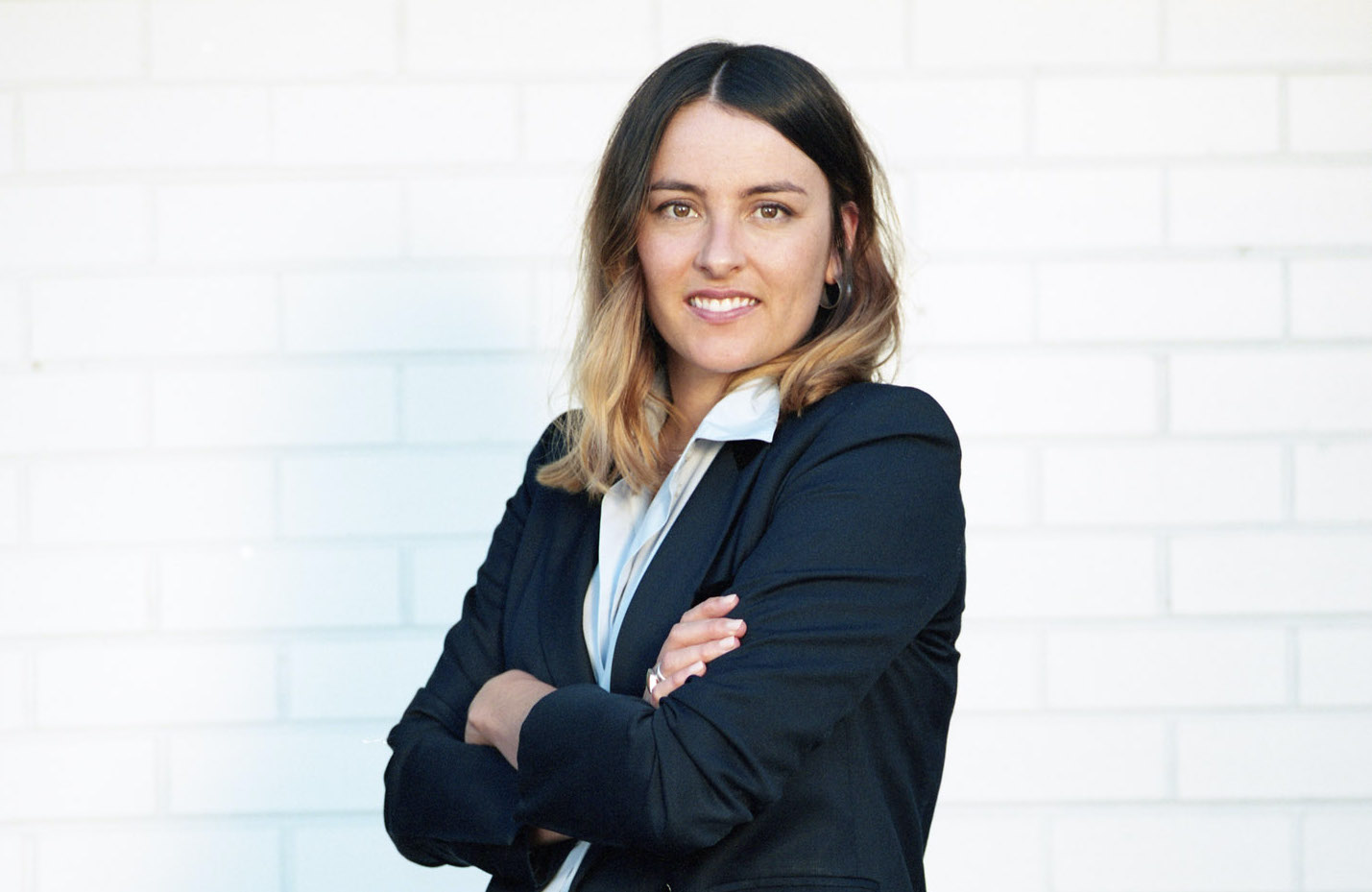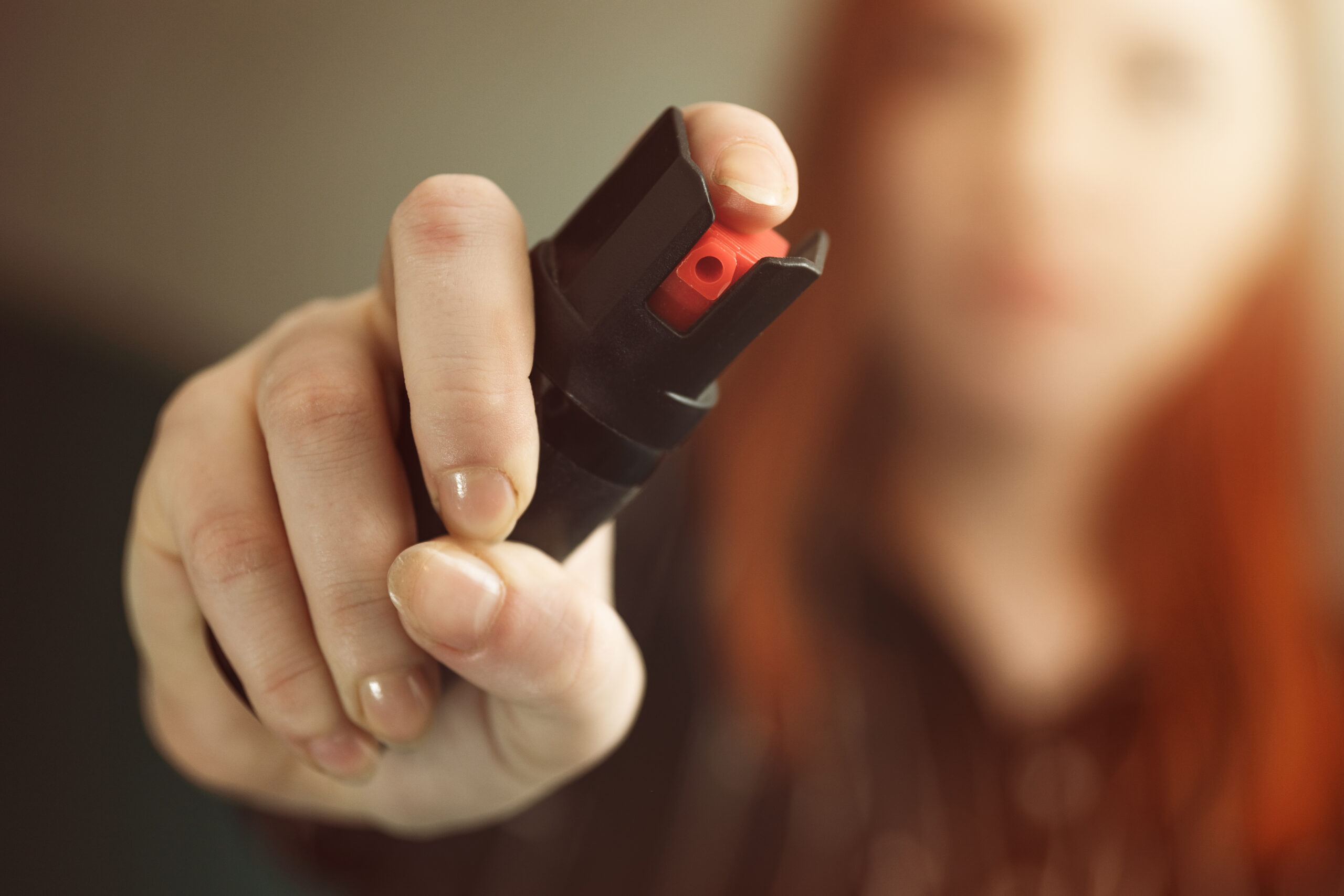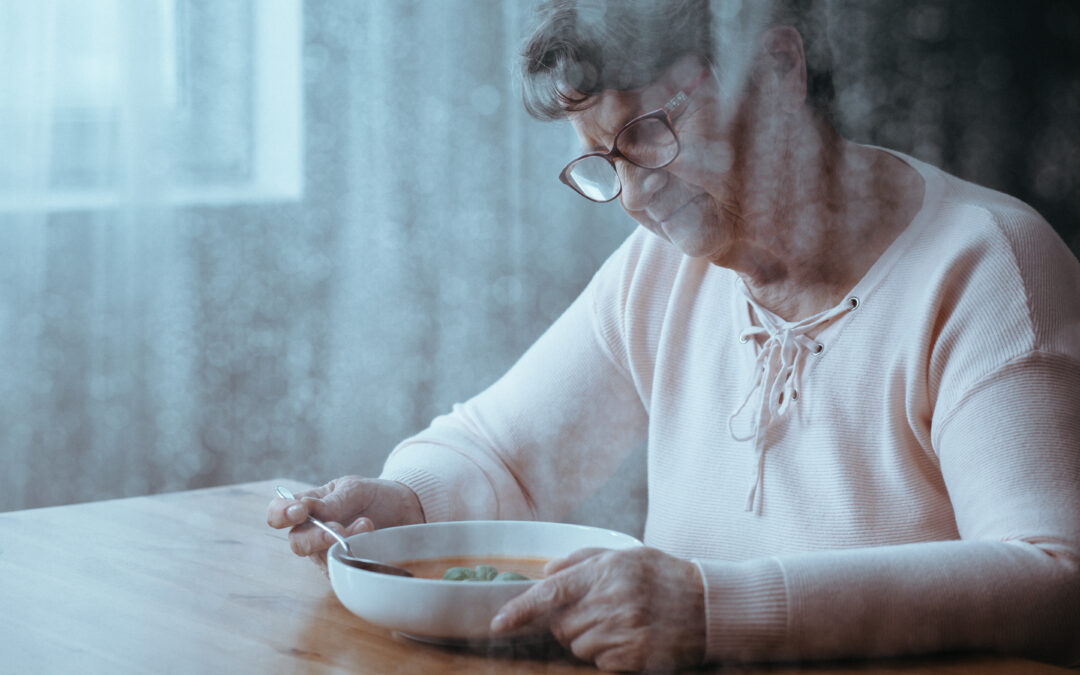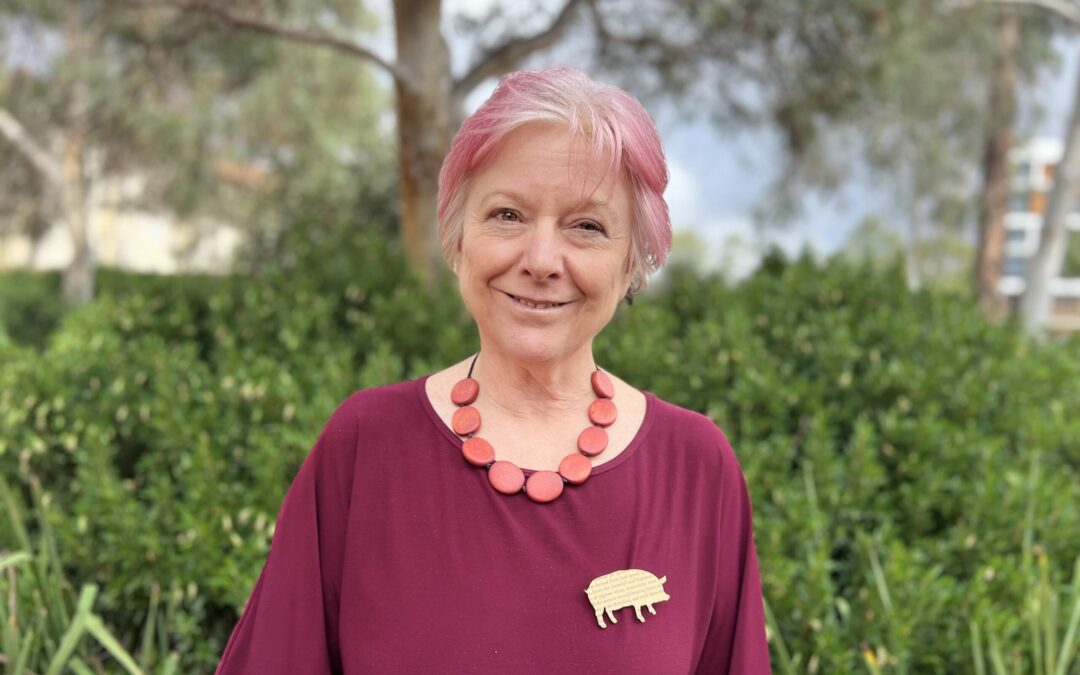As a podcast junkie and host, people recommend podcasts to me all the time. A few days ago, I was recommended a pod called ‘Everybody Knows,’ hosted by Ruby Jones. What a great listen!
This investigative audio series delves into ‘why #MeToo stories are still so hard to tell in Australia – and why there is so much fear about speaking out and naming names.’
Specifically, Ruby and her team look into a huge company in the music industry and the ongoing sexual harassment and abuse that have occurred there. It’s not pretty.
What led you to ask this question about why #MeToo stories are so hard to tell in Australia? How hard was it for YOU to report this story, given so many people who actually speak to you are clearly afraid?
When #MeToo arrived in Australia, I was so excited. I remember thinking that things were finally going to change. In a matter of days in 2017, sexual harassment went from a secret we all kept to front page news. Then, as quickly as the stories began, they stopped. I wanted to understand what had happened. What I quickly came to realise is that harassment, abuse and assault are still endemic in Australia, four years on from MeToo. But the barriers to speaking about it, and reporting it are huge. In many cases, they’re insurmountable.
Time after time, I came to realise that women (in this case women who worked in the music industry) were terrified of speaking publicly.
Many of them had been threatened, told they would never work again if they spoke out.
They stood to lose their jobs, their livelihoods, they could be targeted online, and they could also face legal action if they tried to name their abuser. So how did this happen? How did we create a system where it’s almost impossible for women to talk openly and honestly about their experiences? And if we can’t even talk about the problem, what hope do we have of changing things?
Reporting ‘Everybody Knows’ was extremely difficult. There were times that I didn’t think I would pull it off, that no one would want to go on the record. That the behaviour that I was hearing about would stay secret, perpetrators would remain unchallenged, and women would continue to be scared. The threat of legal action hung over me, every move that I made – it’s impossible in this country to try and report a MeToo story without taking our extremely strict defamation laws into account. But eventually – one by one – women made the decision to speak, and the series took off from there.

Sony has been entirely run by men. And Ruby says this is a huge part of the problem. Image: Shutterstock
There are so many moments in your podcast series which stick in my mind. But which incident or interaction sticks in your mind and why?
There was one moment that was particularly big, and unexpected. A few months into the project, Denis Handlin, the CEO of Sony Music Australia, left the company. No-one thought that would ever happen. Denis Handlin was almost universally known as the most powerful man in the music industry, he was untouchable. His departure sent shockwaves through the industry. I remember jumping into the studio to talk about it the morning the news broke, and my recording kept getting interrupted by people texting me or sending me internal correspondence about what was unfolding inside the Sony building. It really felt like I was witnessing something historic in the industry. I was seeing things change and feeling the impact of that in real time. It changed my entire investigation, because people began to feel like this was the time to speak publicly, that maybe the industry was going through a seismic shift. To be clear – I’m not alleging any claims of sexual harassment against Denis Handlin, but there’s no doubt he was a larger than life figure in the industry. To many people he represented the old way of doing things, and they couldn’t imagine that changing – until it did.
Without giving away too much about the podcast, what did you learn about the organisational structures and cultures that allow a company like Sony to harbour so many abusers for so long?
It became clear to me that abuse only happens – to the extent that it has in the music industry – because it’s allowed to occur. There will always be people who try to take advantage of their positions of power, but it’s when those perpetrators know that they will be able to get away with it that you see endemic abuse of this kind. And for years, men in the music industry have been getting away with it. Harassment is so normalised – so many of the women I spoke to in the industry had multiple, horrific stories, but they didn’t necessarily realise how bad their stories sounded to me, an outsider, because the entire industry around them had been toxic for so long. Some women had tried to complain when it happened to them, but there was nothing in place to help or protect victims – in fact, when some women tried to seek help, through HR departments, things became worse. HR was really acting in the interests of the people at the top. And these kinds of cultures are set at the top. If you look at Sony – or really any major music label – they’ve traditionally been entirely run by men. That is slowly changing, but a lot of this sexism is deeply ingrained in the music industry. And of course, women can be sexist and can be bullies too.
What’s the difficulty you see in the media requiring those who’ve been harassed and abused to keep publicly telling their stories and keep putting their trauma on display?
For so long, we’ve been relying on individual women to tell their stories of harassment and abuse. We hear their stories, we feel their pain, and then we move on, and structural change doesn’t come. To me that seems unethical. Why do we expect the person with the least power to speak about traumatic incidents, over and over again, in the hope of inciting change? There’s no doubt in my mind the toll that it takes on these women. You only have to look at someone like Brittney Higgins to appreciate that. The scrutiny she’s been under since she went public with an allegation of rape at Parliament House would be unbearable for a lot of survivors I think. That’s not to say that there isn’t power in women owning their stories, and speaking publicly if they decide to – it’s just that there is a very high cost to doing so.
To that end, I think the media needs to take a good look at the way we report harassment and abuse. Media outlets tend to focus on the victim, particularly if they seem like the right type of victim – young, white, beautiful – we make it all about them.
They become the face of the abuse. But to get real accountability you have to go beyond that – you have to go to the perpetrators, and ultimately the enablers too, the ones who allow this to happen, or who look the other way. You have to see harassment, abuse and assault for what they are: systemic problems in society, not one-off decisions made by individual bad men.
This series made you question things that had occurred in your own life. What can you tell me about that?
Almost every woman I know has a MeToo story, and I’m no exception to that. I’ve experienced workplace sexual harassment, and it really shook my confidence. Like many women do, I tried to bury it, minimise it and to move on. I just wanted to live and work normally. But it does have an impact on your self worth, and your ability to feel safe in the world and to follow your ambitions. I understand that intimately, and I saw that play out again and again for women in the music industry.
Many of them left jobs, jobs that they were good at and loved, as a result of the things that happened to them. It made me so angry seeing women constantly carrying the burden of their own mistreatment. That’s what really drove me making this series – the unfairness of it all, and the lack of accountability.
As someone who has also suffered workplace sexual harassment (in the media) myself, the series made compelling but difficult listening. As you suggest, so many scenarios are familiar. After everything you’ve investigated, what hope do you hold that there will be long-term societal change when it comes to sexual violence, particularly against women, but also against and others, in workplaces?
I’m sorry to hear that! Sexual harassment really is so common, and to be honest I think the media is still to have it’s real reckoning with this kind of behaviour. It’s rife in the industry. But I do have hope! I think seeing the women I spoke to come into their own power was very inspiring. They simply weren’t willing to tolerate this kind of thing any more, or feel shame about it. And we’re seeing that on a national level too – someone like Australian of the Year Grace Tame refusing to carry shame for the things that were done to her is extremely powerful. Being able to speak about the issue is the first step. That was what MeToo was supposed to be about, before the wave of legal action effectively silenced journalists and victims. And I think that’s the next frontier – the next place that structural change needs to happen – in the legal system. People have to be able to speak about their experiences without worrying that they could be sued.
As for workplaces – I do think things are slowly getting better. Some of the stories I’ve heard about what happened in the 80s for example, I don’t think anyone could get away with now. But it’s such a painfully slow process. What’s required is real leadership, real accountability. Men and women deciding to take harassment and abuse seriously, and to really – and proactively – mean it. That would look like public statements, specific and clear workplace policies, actively supporting victims. None of this should really be that hard – but we’re not very bold as a country, when it comes to this kind of thing. It does require some real backbone, some real fearlessness. But I think we can get there!
Follow Ruby on Twitter here.
Feature image: Investigative reporter, Ruby Jones. Image: Supplied
Ginger Gorman is a fearless and multi award-winning social justice journalist and feminist. Ginger’s bestselling book, Troll Hunting, came out in 2019. Since then, she’s been in demand both nationally and globally as an expert on cyberhate and the real-life harm predator trolling can do. She's also the editor of BroadAgenda and gender editor at HerCanberra. Ginger hosts the popular "Seriously Social" podcast for the Academy of the Social Sciences in Australia. Follow her on Twitter.





